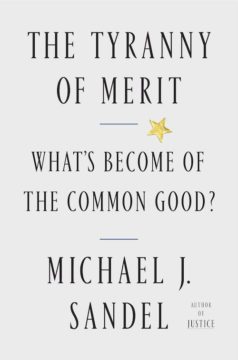 Christopher Kutz in the LA Review of Books:
Christopher Kutz in the LA Review of Books:
A FIERCE AND EMOTIONAL debate recently broke out among the first-year law students at UC Berkeley, where I teach. Because of the strain of remote learning during the pandemic, roughly half the class asked that the law school suspend ordinary grading (as we did last spring) and replace our letter grades with pass/fail grades. The other half of the class opposed this proposal in equally heartfelt terms.
It turned out that many advocates for keeping the letter grades were first-generation students and students of color, whom Berkeley enrolls in significant numbers. These students argued that grades give them a chance at competing for jobs. Without grades, they worried, potential employers would rely on stereotypes and hire those students who most resemble themselves.
Meritocracy looks different from different angles, and is easier to dismiss when you’re already sitting pretty.
This matter of angles and perspectives was apparent to me as I read the Harvard political theorist Michael Sandel’s The Tyranny of Merit: What’s Become of the Common Good? The book is a jeremiad against meritocracy, taking Harvard as its model. It is a view of Harvard as seen from Harvard. For someone looking at Harvard from 3,000 miles away in California — or more often, looking at meritocracy in the public university system and therefore not looking at Harvard at all — things appear very different.
To Sandel, Harvard represents meritocracy run amok, epitomized by its less than five percent admissions rate. This meritocratic extremism imperils the common good by leaving the other 99.5 percent out in the cold, allocating wealth, power, and cultural prestige to a small elite of “winners,” and creating extreme political, economic, and cultural stratification and polarization in its wake.
To me, in contrast, not only is Harvard not much of a model of meritocracy but there are different and far more important sources for the polarization we are facing. The best hope of a solution to this polarization bypasses Harvard altogether.
More here.
